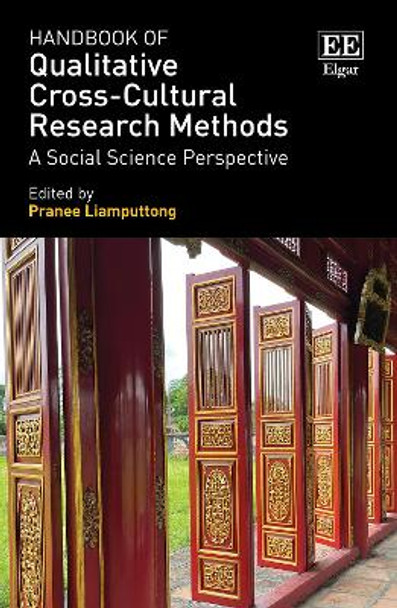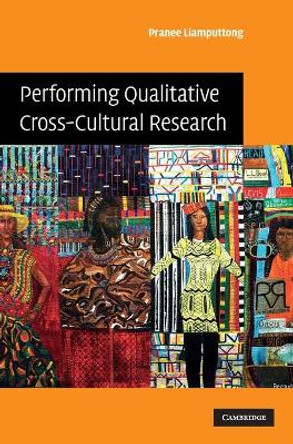Description
Covering both theoretical perspectives as well as practical ways to conduct research in cross-cultural settings, the contributors explore research work across Africa, Asia, Australasia, Europe and North America. Chapters provide keen insights into Indigenous research methods and approaches to cross-cultural research with a range of different groups of Indigenous peoples, highlighting the ethical and methodological challenges for researchers conducting cross-cultural research. Top scholars in the field suggest practical tips and information on lessons they have learnt to make this a useful tool kit for early-career researchers and students.
This will be a critical read for students of development studies, transnational studies and anthropology who are interested in pursuing cross-cultural research in diverse settings. It is also an invigorating read for researchers who conduct cross-cultural research as well as those who work with people from ethnic minorities and refugees.
About the Author
Edited by Pranee Liamputtong, Professor in Behaviour Sciences, College of Health Sciences, VinUniversity, Vietnam
Reviews
'The book provides an impressive and comprehensive set of views and methodological perspectives on how to be a true respectful and culturally sensitive cross-cultural researcher. Pranee Liamputtong has assembled a diverse group of contributors that include academics, field researchers and indigenous people; describing different approaches that range from community art to gardening. A must read!' -- Maurizio Trevisan, VinUniversity, Vietnam
'This seminal book makes the critical contribution that cross-cultural research traditions are valid on and of their own. It is a major deconstruction of research approaches that privilege coloniality perspectives, challenging the predominant western research approaches and interpretations, and inviting alternative research culture values and orientations. Readers will gain new insights on the undoing of the neo-colonial polemics that inclusiveness and diversity in scholarly traditions is not just politics interfering with research practices, but that the research enterprise in the social sciences, like the personal, is political. The book makes the compelling argument that imported research traditions to cultural communities underplay or are dismissive of the real harm of coloniality to constructing authentic knowledge of and for cultural communities. This Handbook makes a clear, logical build-up to theoretical and conceptual frameworks of cross-cultural research approaches in the context of contemporary literature and elaborates on the implications of indigenist traditions for research practice, training, policy, and future directions.' -- Elias Mpofu, University of North Texas, US; University of Sydney, Australia; and University of the Witwatersrand, South Africa
'Professor Liamputtong has created a landmark work that will be essential reading for ALL researchers. This book addresses the most complex challenges we have in international research today - of equity, diversity, inclusion, indigeneity, and accessibility. A powerful and needed work for the times.' -- Allan Kellehear, University of Vermont, US
Book Information
ISBN 9781035343034
Author Pranee Liamputtong
Format Paperback
Page Count 386
Imprint Edward Elgar Publishing Ltd
Publisher Edward Elgar Publishing Ltd








